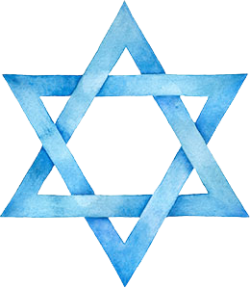Are you referring to the last letter of the first word in the Shema (ע), and the last letter in the last word of that first verse (ד) being larger in order to spell the Hebrew word for "witness" (עד)?
Interesting. I remember this as
extending to the "four corners of the earth". ~goggling~ Oh! It's the 4 corners of heaven. Dalet. 4. Also, apparently I've been pronouncing it wrong all these years. Extending it would need to be Dale
th -
LINK
Talmud Berachot 11b
It was taught Sumakhos says: One who extends of eḥad his days and years are extended. Rav Aḥa bar Ya’akov said the daletRav Ashi said only so long as one does not ḥet hurriedly.
Rabbi Yirmeya was seated before Rabbi Ḥiyya bar Abba. He saw that he was greatly extending [it] He said to him: Once you have crowned Him over above, below, and in the four corners of the heavens, you need not further.

Above, below, 4 corners = 6. vav is also 6, a hook, connection.

Rabbi Yirmeya says: "You need not further [extend]."
There there's this: I suppose I wasn't completely wrong about the corners of the earth:
Does Keriyat Shema require special kavana, and what are the halakhot which govern its recitation?

www.etzion.org.il
What specifically should one think about while reciting the first verse of Shema?
Certainly, one should pay attention to the meaning of the words. "Israel! God who is the Diety we believe in, is One and All-powerful." Therefore, one should lengthen the last chet in "echad," as the form of the chet alludes to the heavens and the earth. Also, one should also lengthen the last dalet of "echad," alluding to the four corners of the earth over which God rules (Shulchan Arukh 61:6).


